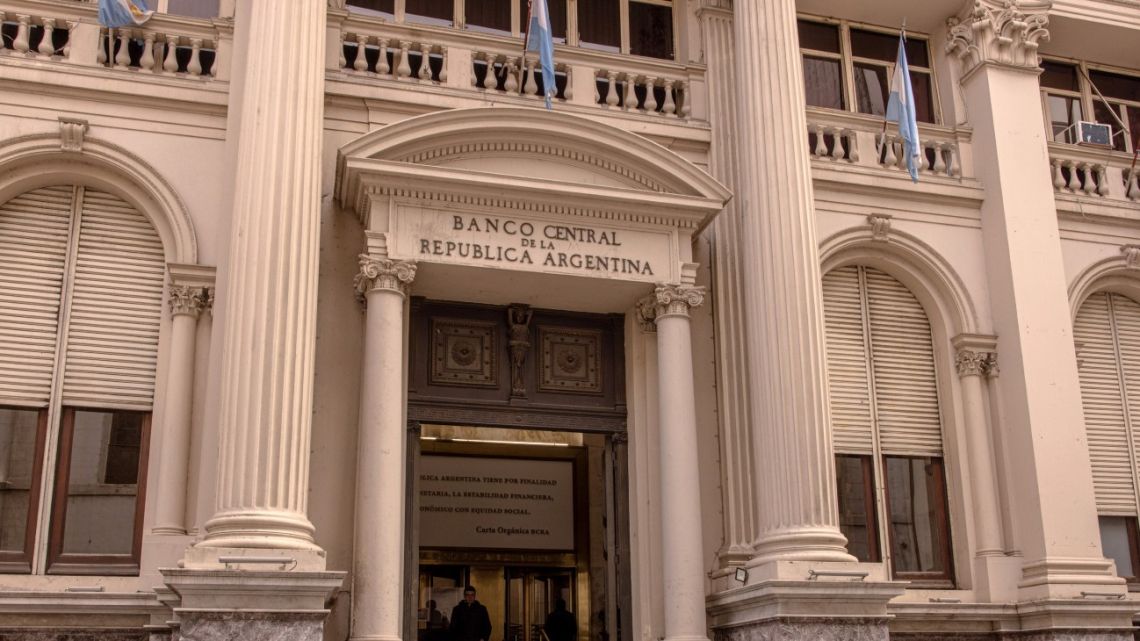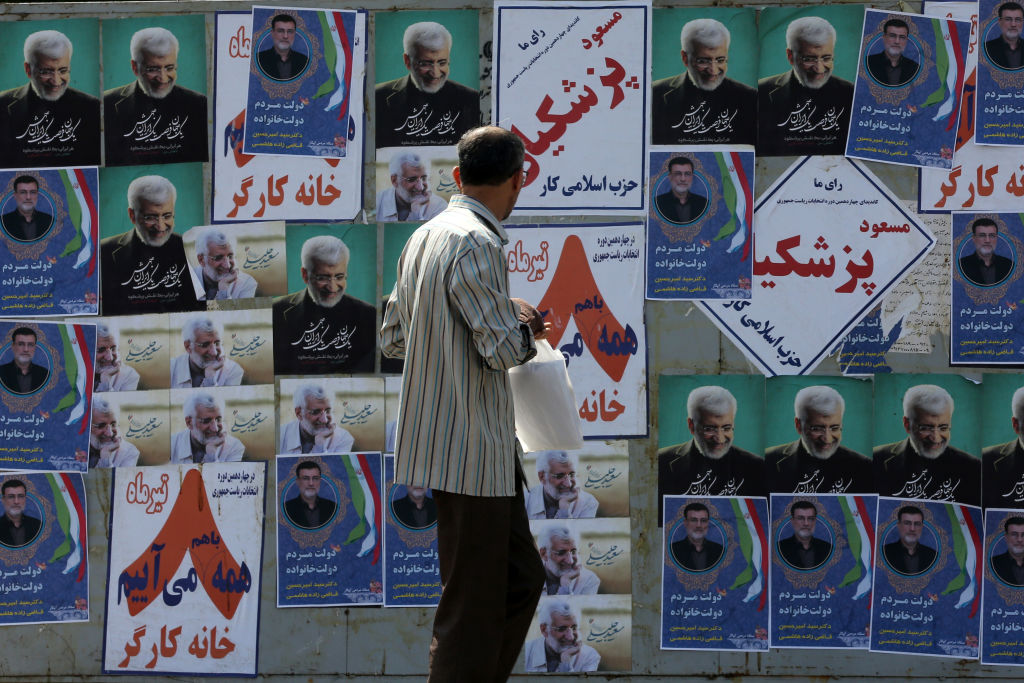As of January 8, 2025, South Sudan’s government has intensified its claims over Abyei. This move underscores the ongoing territorial disputes between Sudan and South Sudan.
The tensions are particularly heightened amid the escalating conflict between the Sudanese Armed Forces (SAF) and the Rapid Support Forces (RSF). The humanitarian crisis in Sudan has heightened tensions in Abyei, a region rich in oil resources that both nations covet.
Abyei has long been a contentious area since South Sudan‘s independence in 2011. The Permanent Court of Arbitration ruled on its borders in 2009, but disputes over its status continue.
Currently, the Diffra oil field within Abyei produces about 4,000 barrels per day, reflecting the challenges both countries face in managing their resources amidst instability.
The violence in Sudan has displaced millions and created a dire humanitarian situation. Reports indicate that over 21 million people require urgent assistance, with the 2025 Humanitarian Needs Response Plan seeking 4.2 billion dollars to address these needs.
 South Sudan Intensifies Claims Over Oil-Rich Abyei Amid Ongoing Conflict. (Photo Internet reproduction)
South Sudan Intensifies Claims Over Oil-Rich Abyei Amid Ongoing Conflict. (Photo Internet reproduction)In Abyei, communal violence has escalated, leading to significant casualties and displacements. Recent clashes have resulted in at least 136 deaths, highlighting the need for effective peacekeeping measures.
UN Extends Mandate for Abyei
The United Nations Security Council recently extended the mandate for the United Nations Interim Security Force for Abyei (UNISFA) until November 2025. This extension aims to maintain stability and support efforts to demilitarize the region.
The Council condemned the presence of South Sudanese military forces in Abyei and called for their immediate withdrawal. Despite these challenges, South Sudan asserts its claims over Abyei as part of a broader strategy to secure its territorial integrity and economic interests.
The stakes are high due to Abyei’s strategic location and resource potential. As both nations navigate their complex relationship, the situation remains fluid and requires careful monitoring to prevent further escalation.

 By The Rio Times | Created at 2025-01-08 22:42:35 | Updated at 2025-01-09 18:21:55
19 hours ago
By The Rio Times | Created at 2025-01-08 22:42:35 | Updated at 2025-01-09 18:21:55
19 hours ago








